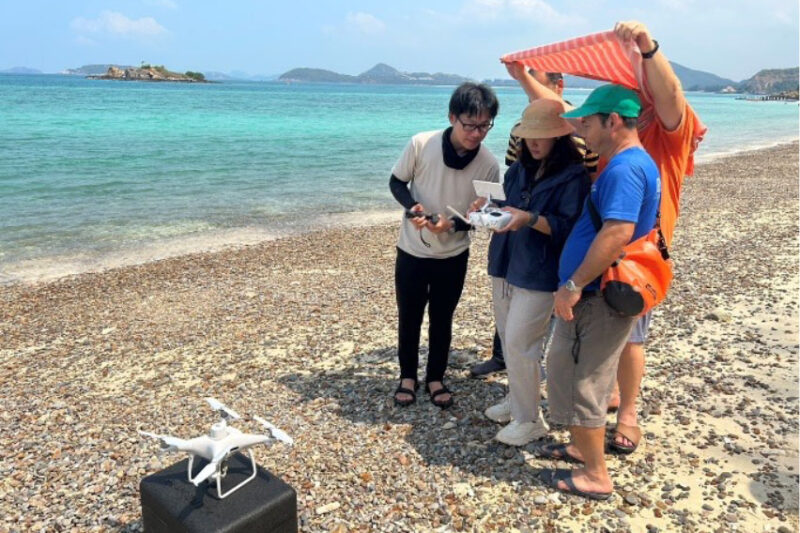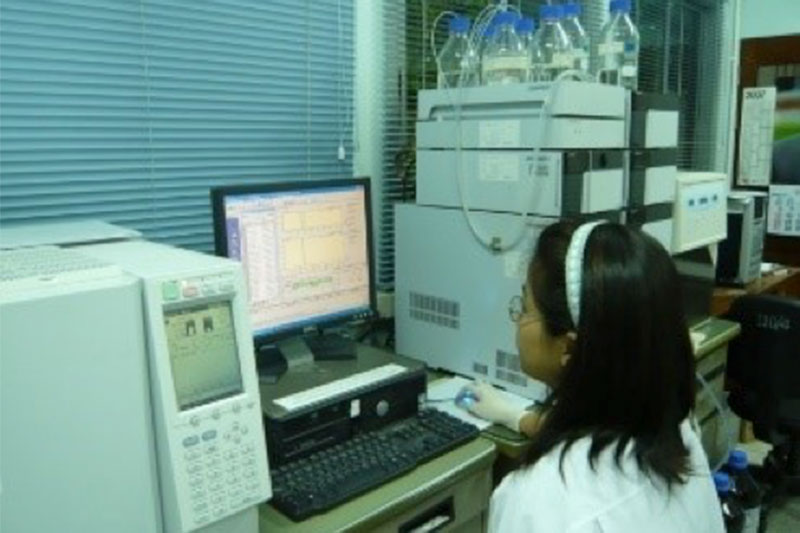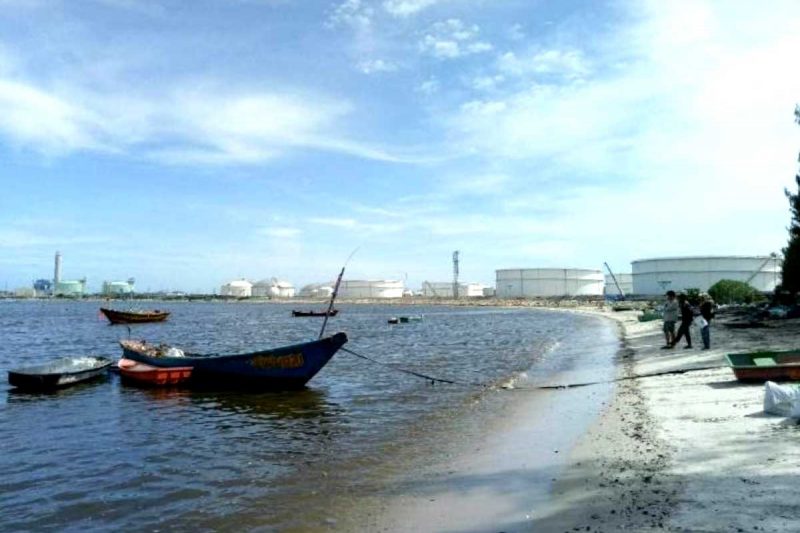How would an offshore petroleum platform in the Gulf of Thailand be decommissioned so as to preserving biodiversity in Thai marine life?
The lack of knowledge on the preservation and conservation of marine life biodiversity in Thailand could be one of the reasons causing Thailand to encounter marine biodiversity destruction which would consequently leads to a loss of opportunity to develop a suitable marine bio-based economy following the completion of decommissioning activities of petroleum platforms and installations in the Gulf of Thailand which have been operated for the exploration and exploitation for natural gas and crude oil in the Gulf of Thailand for more than three decades. Currently, Thailand has petroleum platforms including accommodation platforms of more than 400 installations in the Gulf of Thailand. The Ministry of Natural Resources and Environment, the Ministry of Energy by the Department of Natural Fuels and relevant governmental authorities, including educational institutions, need to collaborate to encourage awareness and build sufficient knowledge in order to manage marine life resources and offshore environment in the Gulf of Thailand, in particular, to set out process for an appropriate approach and policy decisions making in relation to the decommissioning activities in the Gulf of Thailand
Prof. Dr. Phadermsak Jarayaphan, Department of Marine Science Faculty of Science Chulalongkorn University therefore initiated the “Introductory Study Project on Offshore Marine Diversity: A Case Study of Petroleum Platforms in the Gulf of Thailand Expiring Concessions” funded by Thailand Science Research and Innovation (TSRI). Previously, the knowledge that had been surveyed and analyzed were focused on on-land and coastal areas not exceeding 3 nautical miles. Nonetheless, the collection of knowledge on biodiversity in the offshore marine areas comprised of unique organisms and ecosystems is also crucial for Thailand to be established as well in order to manage the risk in which Thailand might encounter marine biodiversity destruction leading to a loss of opportunity to develop a suitable marine bio-based economy following the completion of decommissioning activities of installations located in the exclusive economic zone. Although at present, one of the approaches that Thailand has adopted in decommissioned the installations with expired concession is the concept of marine conservation using the form of Rig to Reef, which is one approach that is not contrary to the law.
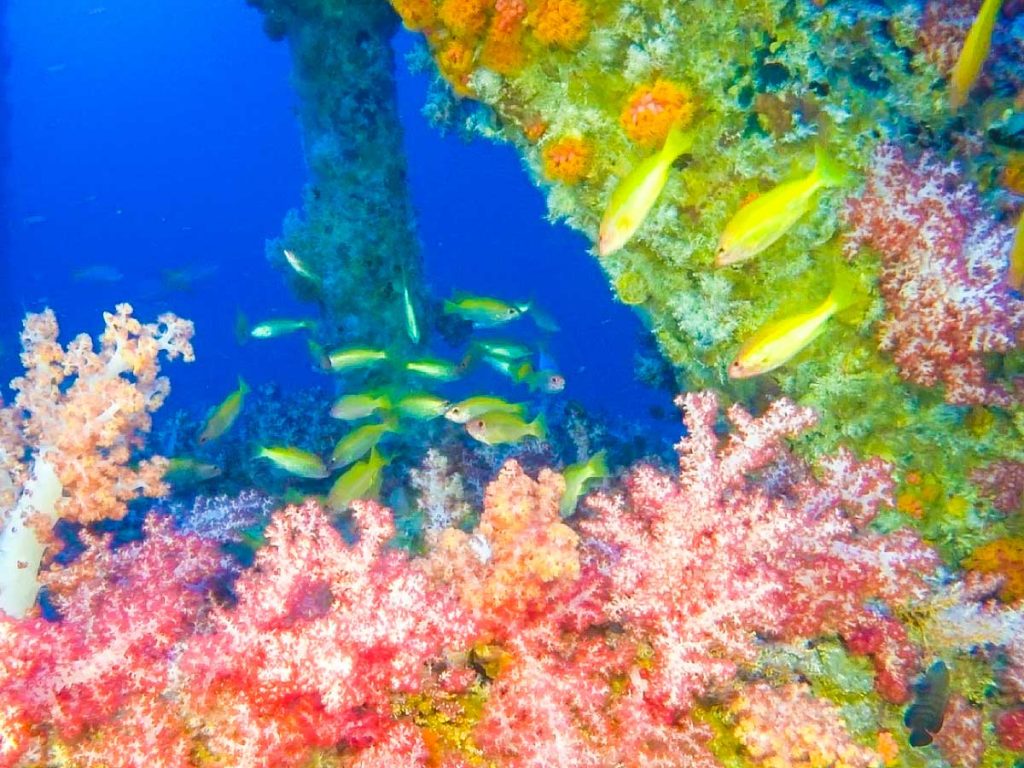
However, the method of decommissioning an installation does not necessarily require the same approach. The retainment of some installations may also have the benefits and could take role of ecosystem services to help maintain marine biodiversity both onshore and offshore. As such, the preparation on the study of concerning marine biodiversity in the offshore region spanning from the ecosystem level to the appropriate genetic level and the study of the possibility of leaving in place of installations is considered as an important body of knowledge that will enable the major responsible agencies, both the public and private sectors, to systematically consider the suitable approaches. More importantly, the data on marine biodiversity in the area of the end-of-concession petroleum installations can also be a database use to support the declaration of marine protected areas in the exclusive economic zone and the creation of In-depth list (Incentory Biodiversity) of Thailand that can be used at various levels as well. By taking participation and responsibilities to conserve an ecosystem and care for marine biodiversity in Thai seas through this research project, it is an effort to protect and expand existing ecosystems and biodiversity of plants and animals especially the ecosystems under threatened.
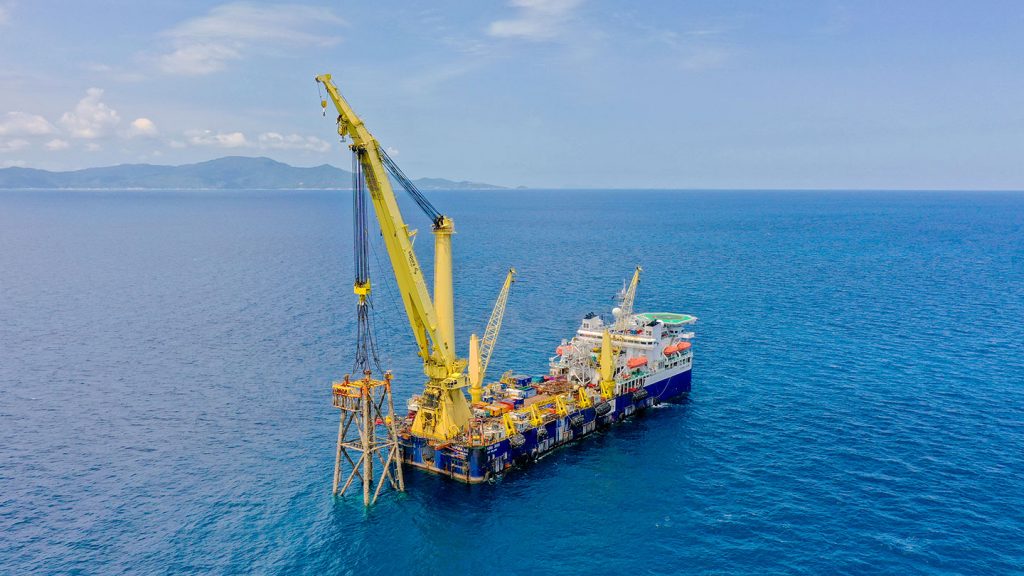
BY
Aquatic Resources Research Institute, Chulalongkorn University
Faculty of Science, Chulalongkorn University
Related articles:
Others
Thailand’s Medical Genetics Trailblazer
Research by Dr Vorasuk Shoterelersuk is leading to new diagnosis and treatment tools to ease suffering

